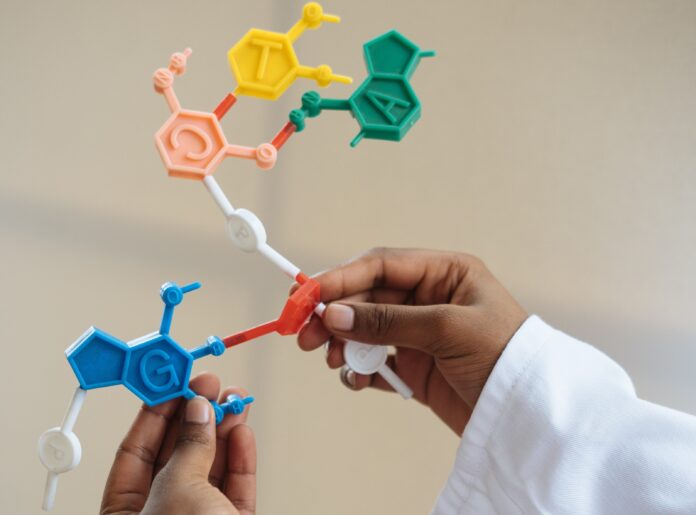In 2019, around 970 million people worldwide were living with a mental disorder and that number has only increased since the COVID-19 pandemic. What’s more, some mental illnesses are highly hereditary, which poses an even greater threat as the population continues to grow. For example, children of parents with severe mental illness have a 30% chance of developing said illness by the time they are 20.
However, this is not necessarily all bad news. Knowing that you are at risk of developing a mental illness can lead to early interventions such as preventative therapy (i.e., therapy that helps build and/or strengthen coping mechanisms). Yet access to one’s family mental health history is not always possible.
The current study
A new study published in the American Journal of Psychiatry and led by Dr. Alyson Zwicker from the Nova Scotia Health Authority and the Department of Pathology at Dalhousie University explored whether it would be possible to identify a person’s risk of developing a mental illness based solely on their genetic make-up — not taking into account their family history of mental illness. To do this, the researchers assessed the genetic information of almost 2,000 participants across six countries around the world.
The participants were between the ages of 2 and 31 years old and had parents with and without a major mood or psychotic disorder. Major mood and psychotic disorders included bipolar disorder, major depressive disorder, and schizophrenia, all of which have been closely tied to genetics.
All the participants were followed for up to 18 years and their mental health status was measured at each study visit.
Polygenic scores
Using the participants’ genetic data, the researchers calculated polygenic scores. A polygenic score measures a person’s genetic predisposition to a mental illness or trait based on predetermined genetic variants of these illnesses and traits. The researchers were specifically looking for polygenic scores for all the major mood and psychotic disorders mentioned above as well as for neuroticism and subjective well-being — traits that have been associated with many mental illnesses before.
Study results
When considering the participant’s family history, 32% of the participants with a family history of major mood or psychotic disorders developed a similar disorder to their parents by the end of the study. However when only polygenic scores were assessed, the researchers found that scores for neuroticism were associated with the onset of major mood and psychotic disorders while scores for subjective well-being were negatively associated with disorder onset.
Thus, a genetic predisposition for neuroticism and subjective well-being may be able to identify a person’s risk of developing a major mood or psychotic disorder. Specifically, the researchers highlighted that polygenic scores for neuroticism would be more beneficial in assessing the risk of major mood and psychotic disorders in those without a family history of mental illness.
On the other hand, polygenic scores for subjective well-being would be more beneficial for those with a positive family history of these disorders.
Now what?
This work is very promising, especially in light of the current global mental health crisis. By simply providing a sample of blood, hair, skin, or other tissue, an individual’s risk of developing a major mood and psychotic disorder could be quickly determined.
In turn, individuals identified as “high risk” for these disorders would be able to take the preventative steps needed to combat the disorders and/or allow them to treat the disorder early in its development. Hopefully, this would then curb the number of people who suffer from mental illnesses worldwide.








































